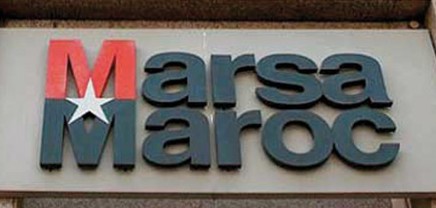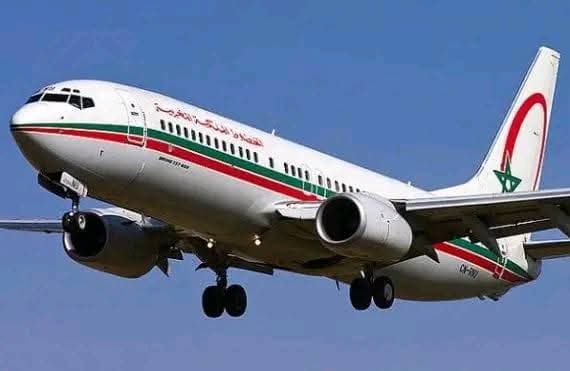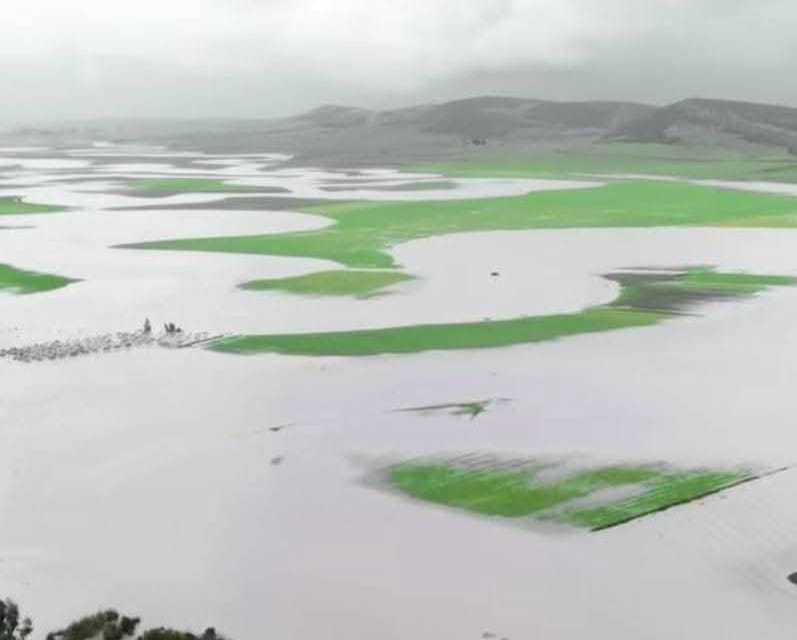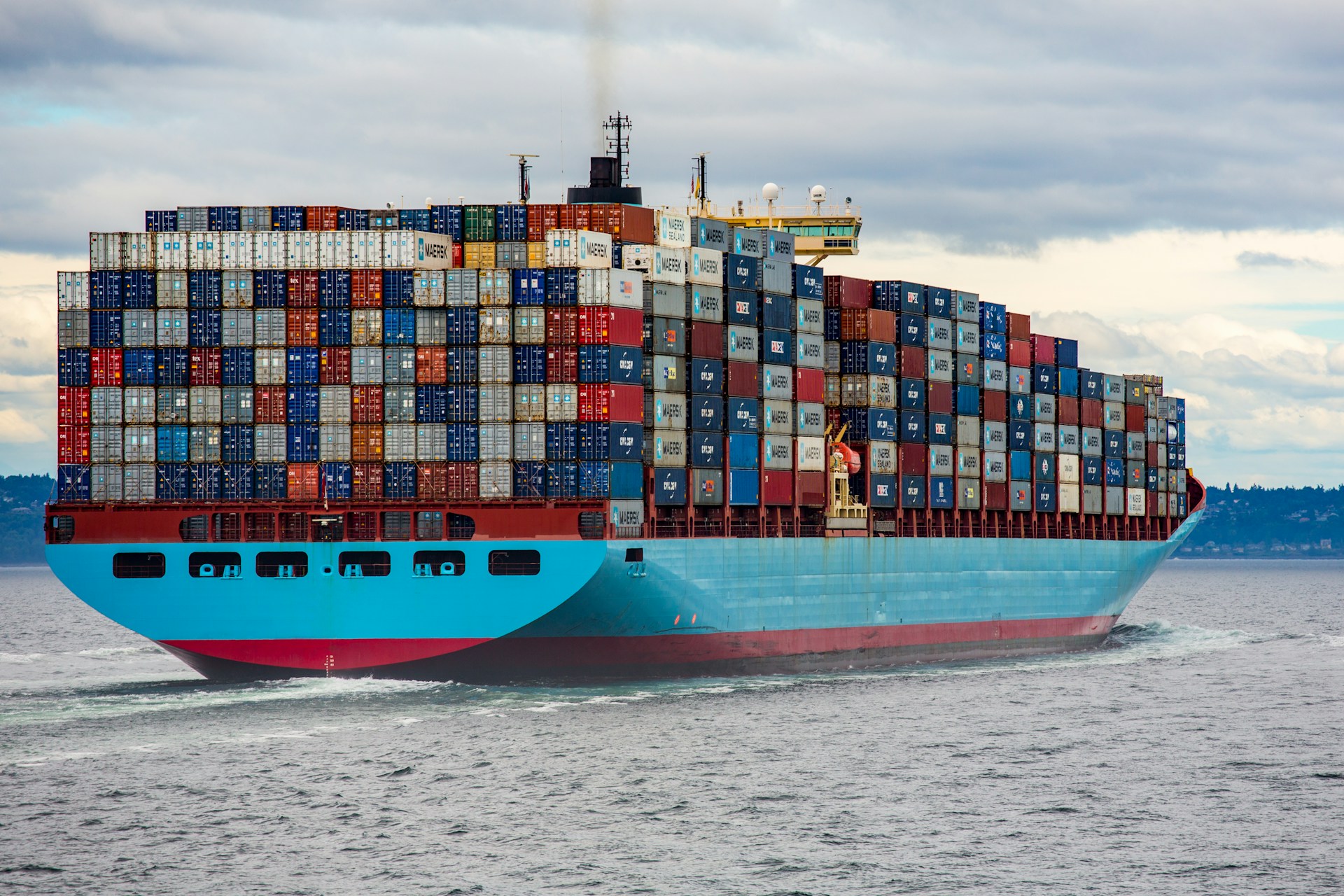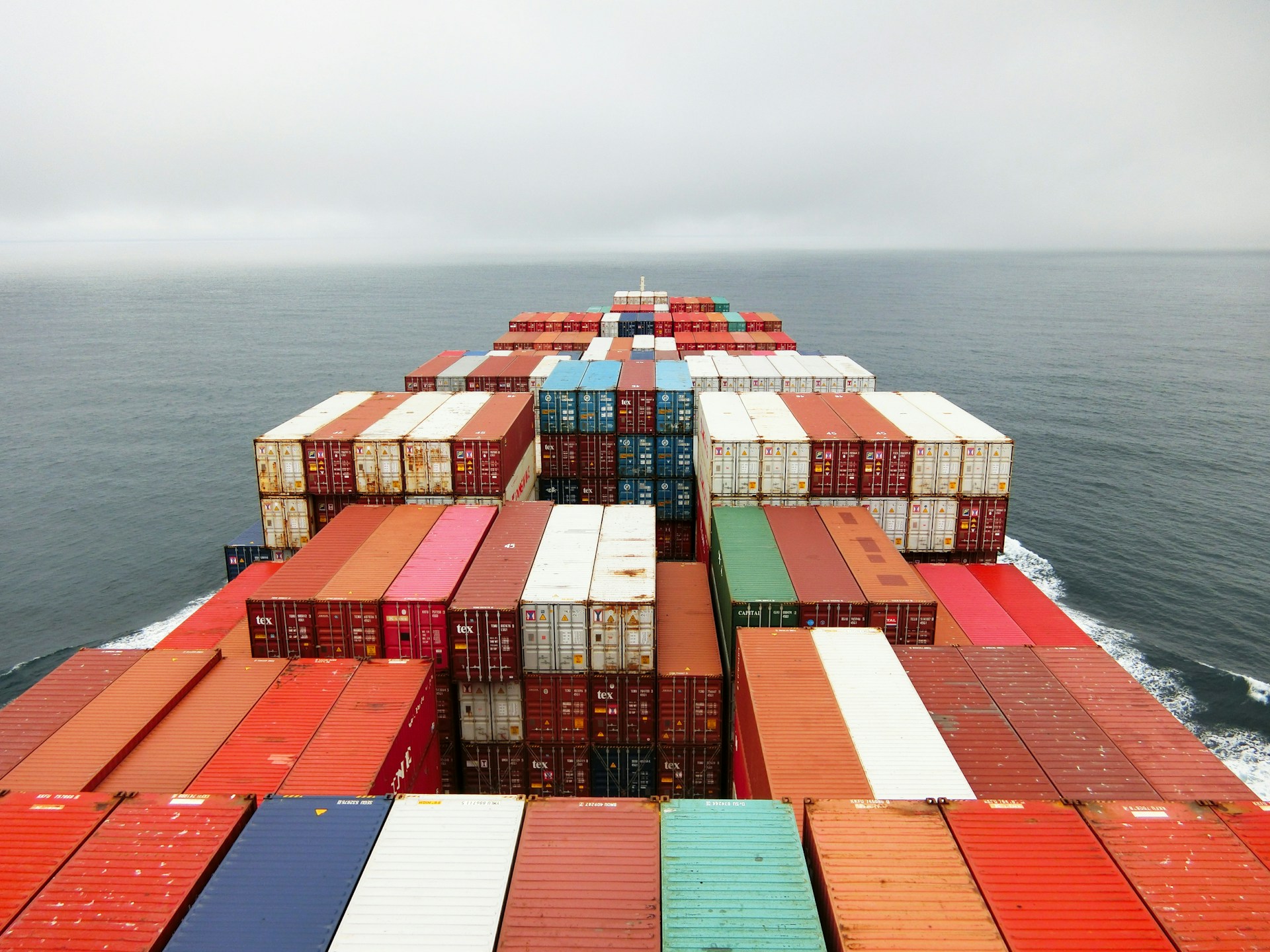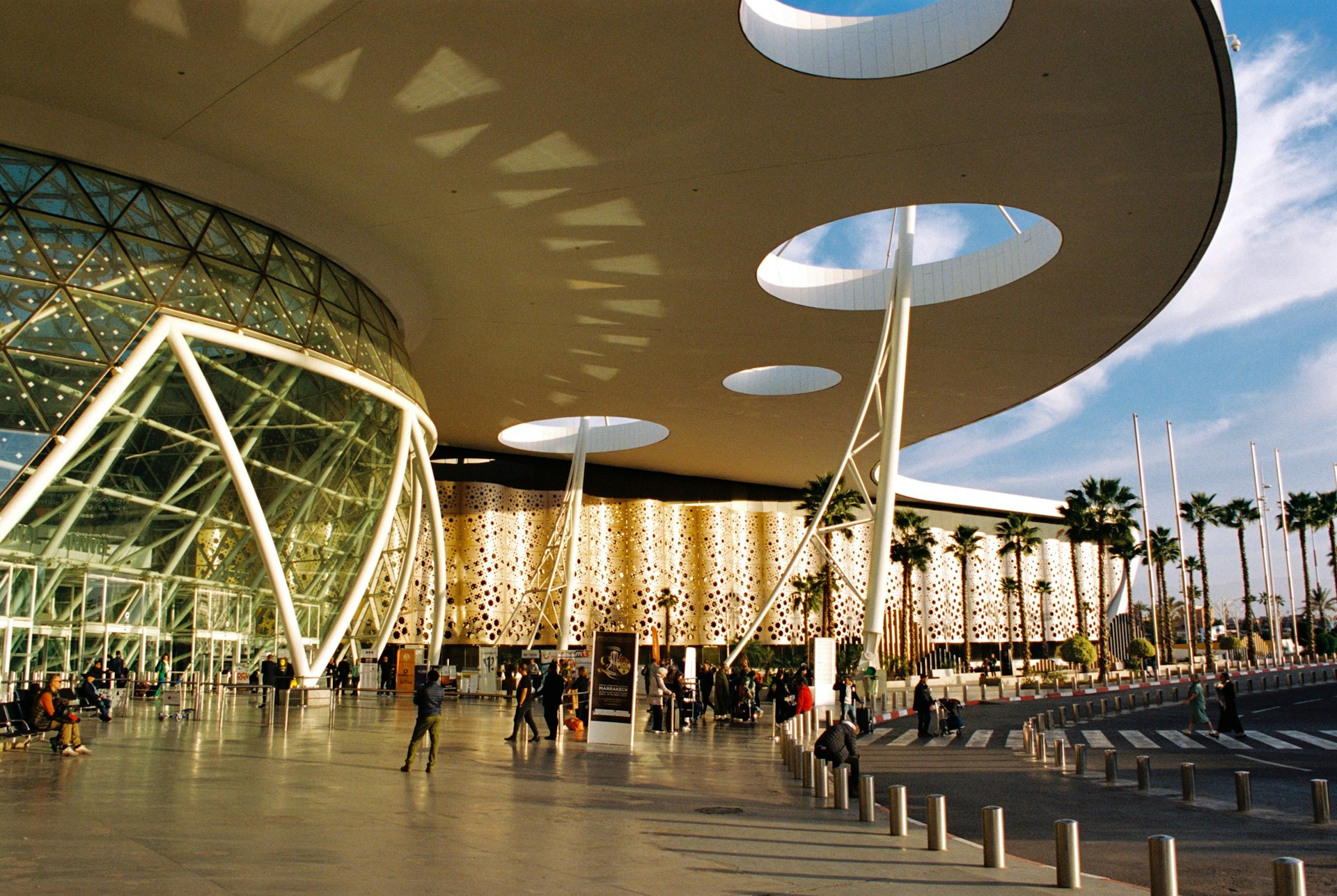Casablanca – Abdellatif Jouahri, the Governor of Bank Al-Maghrib, recently emphasized the critical need for comprehensive economic integration in Africa to achieve the continent’s desired prosperity. Speaking at the fifth session of the “International Days of Macroeconomics and Finance” in Dakhla, Jouahri underscored that the African Continental Free Trade Area (AfCFTA) offers a beacon of hope due to its significant potential benefits.
Jouahri pointed out that this economic integration must be mutually beneficial and not disadvantage the most vulnerable countries and populations. African nations are well aware of the advantages of integration, having launched numerous initiatives that have fostered the creation of regional economic groupings.
Potential of the AfCFTA
The recent establishment of the AfCFTA is particularly promising. Various evaluations, though preliminary, suggest substantial gains. Simulations by the International Monetary Fund indicate that the establishment of the AfCFTA, accompanied by reforms to facilitate trade, could increase Africa’s average trade with the rest of the world by 15% and with other African countries by 53%. This expansion in trade could boost the continent’s per capita GDP by more than 10%.
Addressing Challenges
Despite these promising projections, Jouahri noted that Africa still faces significant challenges. The continent needs to invest in its human capital to benefit from its demographic dividend and implement deep economic reforms to better exploit its resources. Additionally, Africa must address its substantial infrastructure deficit, which, according to the African Development Bank, requires an annual investment of between $68 billion and $108 billion.
Successful implementation of these reforms also necessitates a stable political and security environment, which is currently lacking in some African regions. Nonetheless, Jouahri highlighted Africa’s enormous developmental potential, particularly due to its young and rapidly growing population.
International Recognition and Strategic Initiatives
Jouahri stressed that Africa must rise to secure its place on the international stage. He cited the African Union’s attainment of permanent member status in the G20 in 2023 and the decision to grant the continent a third seat on the International Monetary Fund’s Board of Directors as early indicators that Africa will inevitably secure its rightful place internationally.
Africa has always been central to the strategic orientations of Morocco. King Mohammed VI has repeatedly called for shared development on a win-win basis and launched major projects such as the Morocco-Nigeria gas pipeline. This project aims to diversify energy supplies for many countries and contribute to food security across the continent. Additionally, the Atlantic Initiative seeks to facilitate trade integration for many landlocked countries.
Enhancing Trade and Investment
Public policies on trade and investment between Morocco and other African countries have facilitated the establishment of many Moroccan groups in sectors such as financial services, mining, telecommunications, and real estate. Jouahri added that Bank Al-Maghrib encourages Moroccan banks to expand their presence in Africa. Currently, Moroccan banks are active in more than thirty countries on the continent, where they generate approximately 23% of their activity.
Bank Al-Maghrib has also developed close relationships for exchanging experiences and expertise with numerous regulatory bodies in Africa, both bilaterally and through forums such as the Association of African Central Banks, the Economic Commission for Africa, and the African Union.
The fifth edition of the “International Days of Macroeconomics and Finance,” organized by Bank Al-Maghrib and the Research Laboratory on Innovation, Responsibilities, and Sustainable Development at Cadi Ayyad University in Marrakech, in collaboration with the Bernoulli Center for Economics at the University of Basel and the Council of the Dakhla-Oued Eddahab region, aims to enhance constructive exchanges between researchers, academics, and policymakers. The goal is to provide recommendations on key economic policy issues that will support Africa’s journey towards sustainable economic integration and prosperity.
